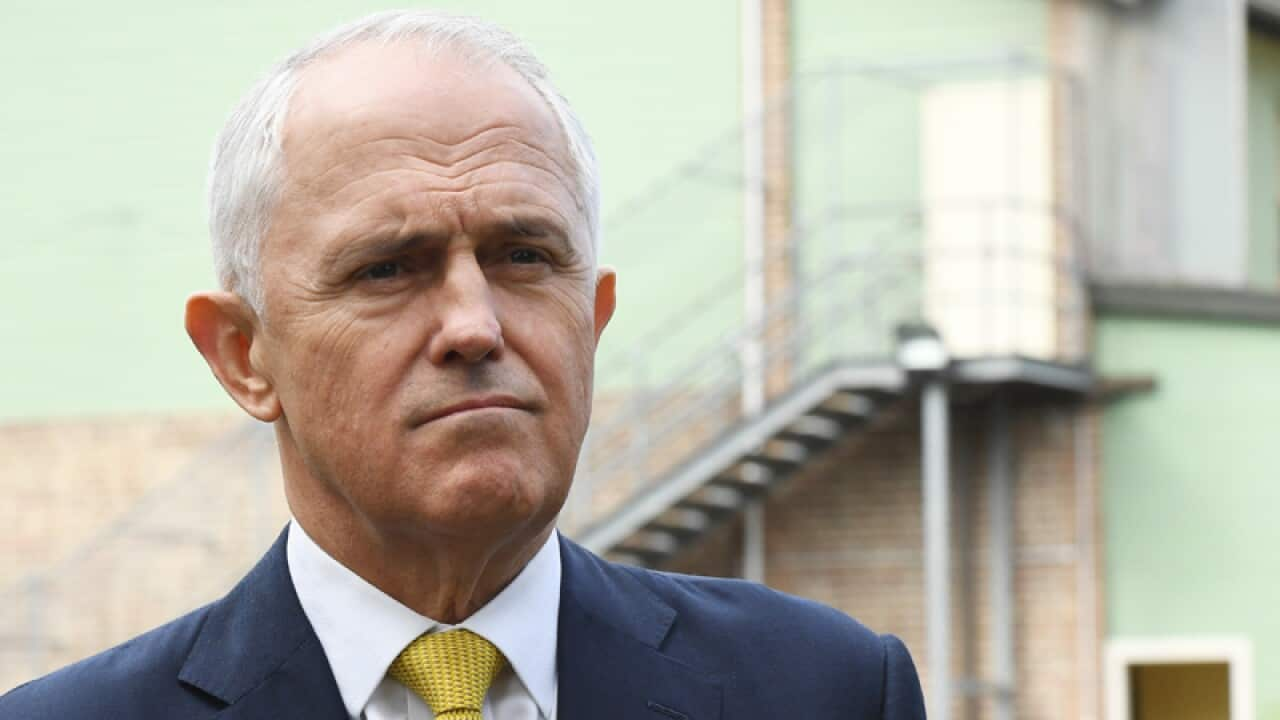Corporate Australia wants Canberra to deliver wider tax cuts for business and boost "good" spending in the federal budget next week, even as it urges the politicians to agree on a quicker path to a budget surplus.
The Federal Government is expected to earn a small windfall - particularly in corporate tax collections - from higher-than-expected commodity prices.
Despite recent dips, prices for iron ore and coal - Australia's top two export earners - and for other commodities, continue to be far above their 2016 lows as well as higher than government forecasts.
AMP Capital chief economist Shane Oliver estimates that additional revenue from iron ore exports alone could roughly total $5.2 billion over the current financial year and next.
However, the gains are likely to be offset by a decline in personal taxes because of limp wage growth.
"The big uncertainty in the budget relates to where the savings will come from. Overall, we are looking at a gap over four years that needs to be filled," he says.
That has not prevented business lobby groups from seeking more competitive tax rates.
"Australia's corporate tax rate is well above the OECD average and needs to be lowered progressively to restore our global tax competitiveness," the Minerals Council of Australia (MCA) has told Canberra.
The lobby group, which counts heavyweight global miners among its members, says tax reform is essential to drive future investment and to create more high-wage jobs.
Watch: Bishop and Brownlee on new student fee proposal
The Turnbull government in March secured Senate support to reduce the tax rate for companies with a turnover of up to $50 million, over the next three years.
A pre-budget survey by small and medium business advisory firm KPMG Enterprise this week showed that nearly two-thirds of the respondents think the small business tax cuts will either make no difference or need to be bigger to be truly effective.
The government hasn't found support for the balance of its business tax plan, which will extend tax cuts to larger companies, but Treasurer Scott Morrison has vowed to push ahead with the unlegislated tranche of his 10-year tax plan that was outlined last year.
Canberra is also being pushed to boost "good" spending, such as that on infrastructure, and is expected to oblige with details next week.
The government has flagged likely allocations to build the new Sydney airport at Badgerys Creek, the inland rail line from Melbourne to Brisbane, as well as the expansion of the Snowy Hydro project.
At the same time, the business community wants the government to put its finances in order, quickly.
"The task of getting Australia's budget back in order is now urgent. Parliament must ensure the Australian people receive much better value for the $440 billion spent each year," peak lobby group Business Council of Australia warned in its pre-budget submission.
That could well be possible, with UBS economists estimating that the combination of a stronger underlying economy and higher corporate taxes could mean "this should be the first budget in a number of years showing modest improvement from the MYEFO".
The Treasurer is expected to maintain his target for a budget surplus in 2020/21.












